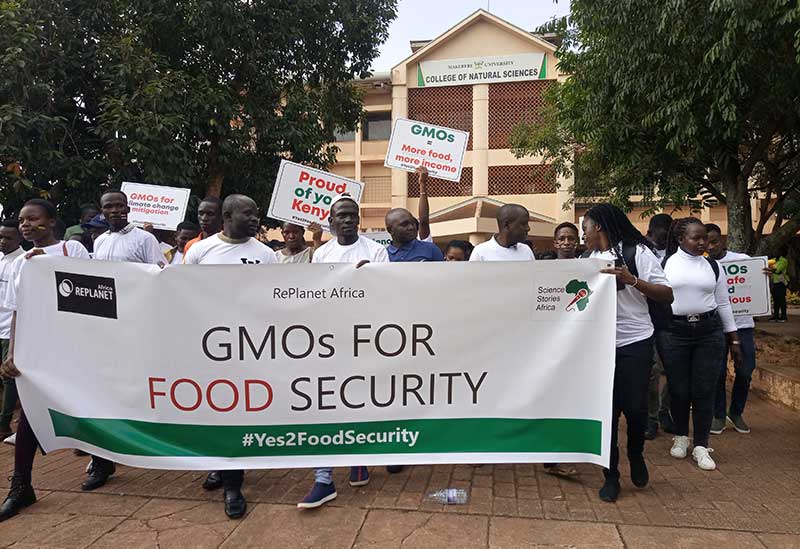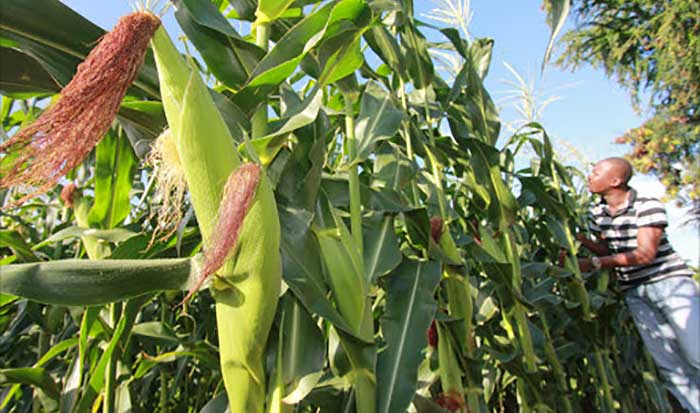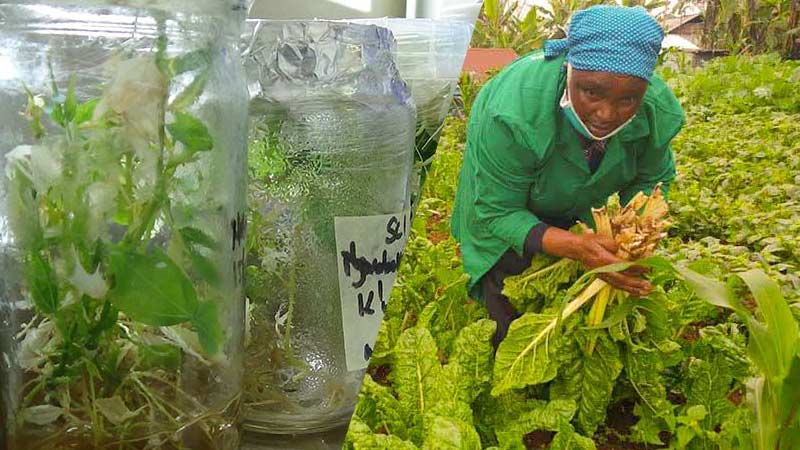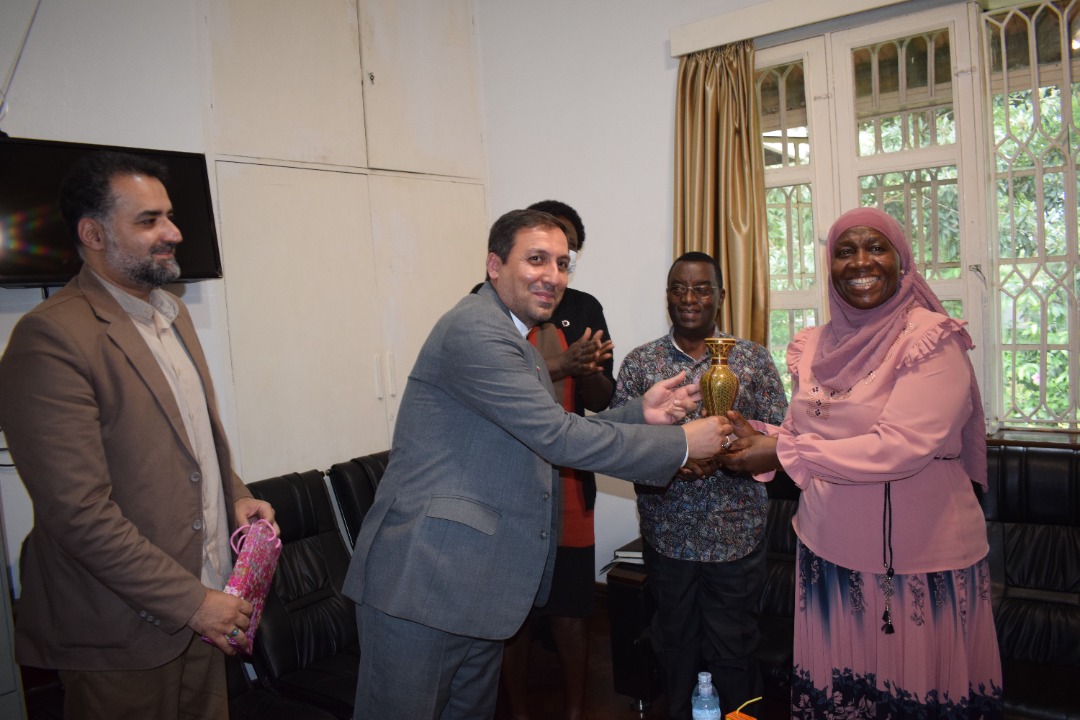There is genuine outcry across the country that Uganda’s low level of budgetary allocation towards agriculture is undermining food security, agro-industrial development and generally keeping majority of the population that depend on the sector in poverty.
Analysts have cited the two percent budget allocation to agriculture as disingenuous on the part of the government, compared to other sectors of government such as public administration.
However, a closer look into how other key players in the sector operate, shows that the weaknesses permeate other layers of agriculture and explain perhaps why the government is not responsive to the demands of the sector.
Uganda’s seed industry, which comprises about 35 seed companies and researchers and regulators, and one that is considered very important in guaranteeing quality and standards, is greatly handicapped to be able to move the industry forward, as the case is in other countries with dynamic and exemplar agricultural sectors.
During a meeting that was organised in Kampala last week by the African Seeds Traders Association (AFSTA) in to sensitize members of the Uganda Seed Traders Association (USTA) on the opportunities and challenges of biotechnology, it emerged that the seeds companies are not well coordinated, are under-capitalised and unmotivated to exploit the opportunities available in Uganda’s agricultural sector.
Aghan Daniel, the Communication and Advocacy Officer of the African Seed Trade Association (AFSTA) observed that Uganda’s seed traders do not have close relationships with farmers, as desired.
“In other countries, seed companies treasure their clients highly because they are the reason for their existence. They monitor their farmers from the time they purchase seeds, and scrutinise every aspect of crop growth until harvest.”
On the contrary, he noted, Uganda’s seed companies mostly stop at selling.
Arthur Makara, the Executive Director of the Science Foundation for Livelihoods and Development (SCIFODE) argued that seed companies in Uganda are not as aggressive and competitive as their counterparts in other countries that have powerful lobbies in government that help them access funding for research and outreach to farmers.
The weaknesses of the seed industry arose from queries by USTA members who demanded to know how they would benefit from the anticipated introduction of genetically modified seeds in Uganda.
But the queries were interpreted by experts as worrying signs that seed companies are out of step with the industry policy makers and the research community in Uganda, but also as a sign of blindness to the opportunities from GM crops.
Over the past three years, Parliament has been soliciting views from different stakeholders of the Biotechnology and Biosafety Bill 2012. Observers argue that seed companies should have been the ones championing the agenda surrounding the bill, they have largely remained spectators as seen by their lack of a strategy on the future of the seed industry in Uganda.
Makara argued that seed companies stand to benefit from the new technology because it enables farmers reap higher yields which makes them want to use improved seed.
Responding to observations about lack of enthusiasm among her colleagues, especially to connect with farmers, Sylvia Kyeyune, the President of USTA however blamed the sheer low levels of sales afforded by seed companies which she said has kept most companies operating on the edge.
Kyeyune said: “The truth is that most of us have very limited budgets to afford hiring extension service providers. This is due to the fact that only about 20 percent of the farmers buy seed in Uganda. So the little staff we have is usually pre-occupied with selling during the short planting seasons. In the off season, they are busy preparing for the next cycle and trying to generate planting material ”
She added: “That is why many of us are usually in negatives – meaning [make losses].”
The successes of the agricultural sector in many countries where the sector does well, is closely tied to the innovativeness of the seed industry, which is also usually linked to their ability to attract funding from government. Farmer organisation in form of cooperatives as well as government support towards extension service and provision of supportive environment that allows access to markets, are also key to agriculture.
Makara urged seed companies to get more organised, aggressive and lobby government and other development partners to support their initiatives.
Referring to USTA as a sleeping giant, Makara urged seed dealers to rise from slumber and start to develop partnerships with local and international producers of new crop varieties so as to improve their profitability.
Emmanuel Mubangizi, a consultant with the Uganda National Agro-Input Dealers Association (UNADA) defended seed companies for their laggard behavior by shifting blame on government for red tape and in failing to put in place relevant laws and
Mubangizi cited the absence of a Patent law in Uganda as well as an international seed laboratory to certify seed as constraints that hinder Uganda’s participation in international trade in seed.








